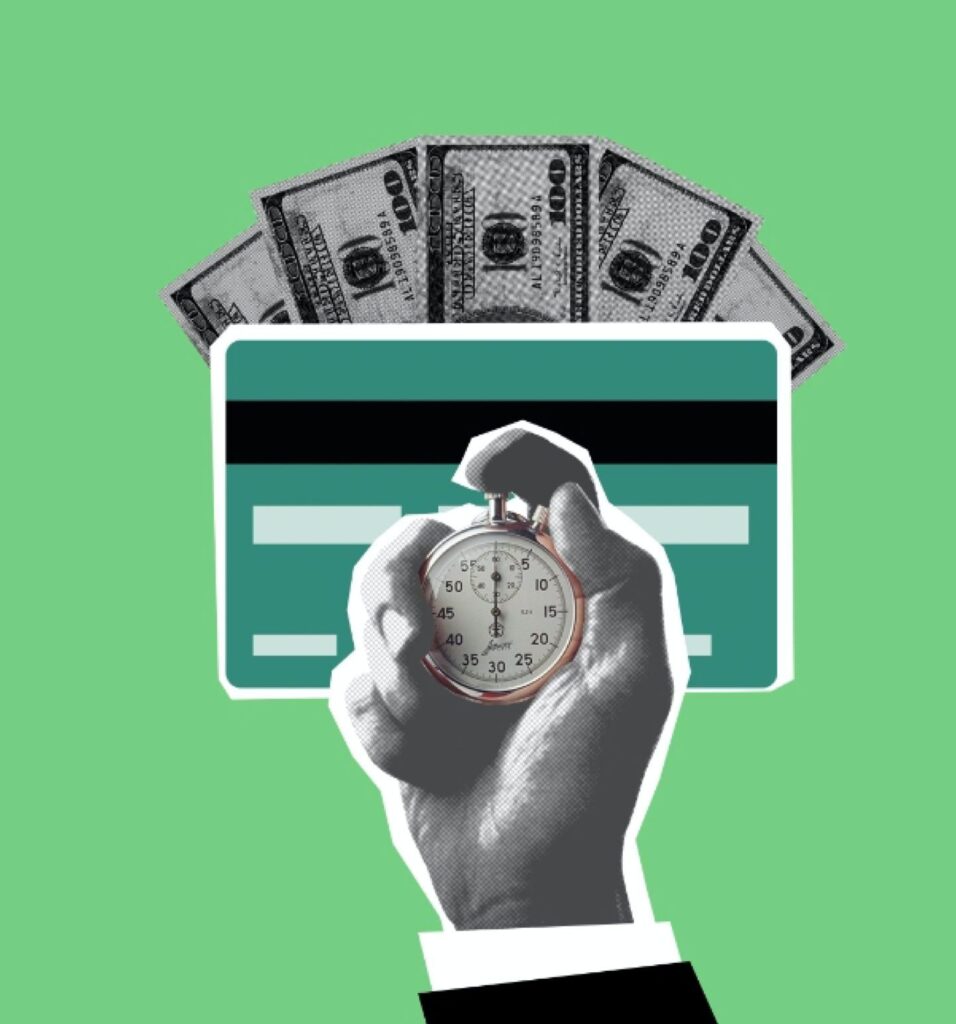In an ideal world, the work environment would be stable and predictable, but in reality, every entrepreneur has likely faced a business crisis at least once. Predicting where your company is headed is not always easy, but having a forecasted overview, even if it’s an estimation, can bring numerous benefits for the business and for you as a manager.
Regular monitoring of financial planning provides an insight into the future of your business. By being prepared in advance, you eliminate surprises when things don’t go as planned. Setting realistic business goals and ensuring your team understands them fosters transparency, maintains focus, and gives you more control over the future.
Financial forecasts are based on various business indicators, as each entrepreneur focuses on what is crucial for their company. If you’re unsure where to start, don’t hesitate to begin working on a financial plan for the upcoming months. Let’s break it down step by step.
Understand the Past to Create the Future
Review your financial history for at least a year. Analyze how your finances have fluctuated over time and identify the factors that influenced your best and worst months. This exercise provides insights into any patterns your company may be experiencing. For instance, if you run a restaurant, you may notice higher productivity during summer or holidays. Knowing this in advance allows you to save money to sustain your business during slower seasons.
Prioritize Your Plans
Create a list of upcoming investments, such as new equipment, additional hires, or team-building activities. Calculate the cost of each item on your list and assess if you have sufficient funds to execute all planned investments.
ThinkOut equips you with the information and tools to evaluate your business’s financial well-being.
Try ThinkOut for free
Work on Your Budget
Start drafting a budget for the next 3-6 months, or a longer period if you prefer. The budget outlines your company’s expected income and expenses. Consider your main categories of inflows and outflows and set goals for each. Use your financial history as a foundation for your budget.
Include Cash Flow Forecasts
While the budget sets business objectives, cash flow forecasts provide insights into when these goals will be achieved. Cash flow is the lifeblood of your business, so it’s crucial to include it in your planning. Analyze your cash flow carefully to avoid any surprises, such as being unable to pay suppliers on time. Create cash flow forecasts by listing recurring payments and other anticipated expenses with specific due dates to manage your cash position effectively.

